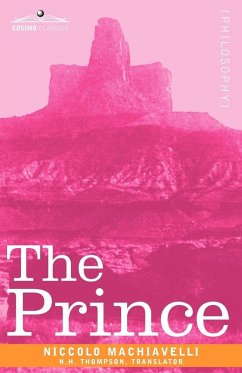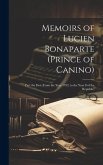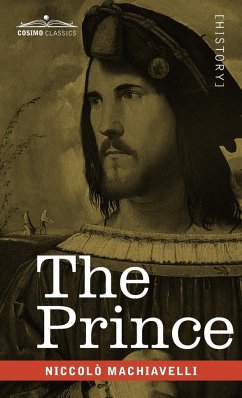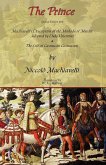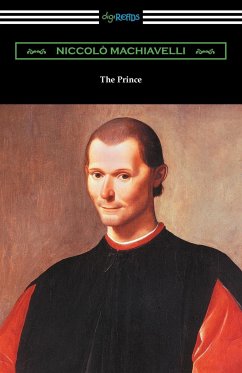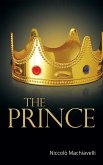If any book could be called legendary, surely it is this one. Its author, Italian diplomat and philosopher NICCOLÒ MACHIAVELLI (1469-1527) considered it his greatest work. Indeed, his thoughts on politics, as laid out so famously in this brief but profound work, have become so synonymous with him that his name has become an adjective: Machiavellian. How is political power achieved? How is it maintained? Though Machiavelli states explicitly that he is not discussing "Republics" here, only "Princedoms," this coldly rational guidebook to taking control and holding onto it contains such universal insights into human nature and the structure of human systems that his "advice" serves equally well in almost any power structure. With applications in such diverse realms as business, the military, even role-playing games, Machiavelli's rules for ruling continue to be required reading for students of politics, philosophy, and ethics.
Hinweis: Dieser Artikel kann nur an eine deutsche Lieferadresse ausgeliefert werden.
Hinweis: Dieser Artikel kann nur an eine deutsche Lieferadresse ausgeliefert werden.

